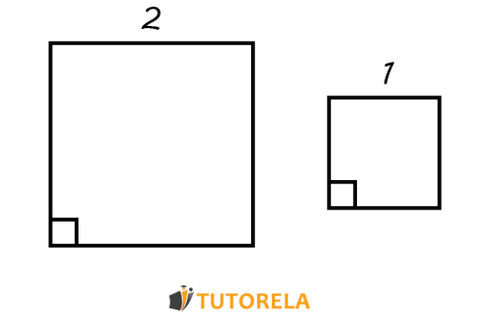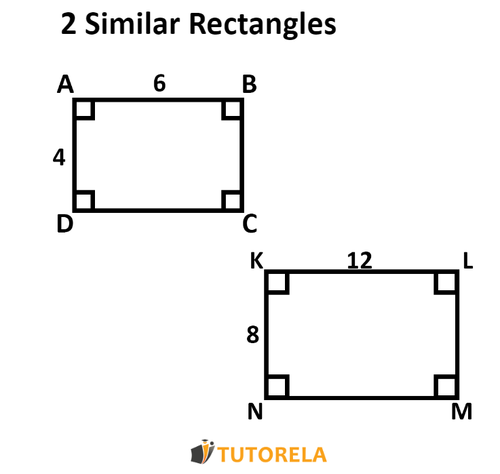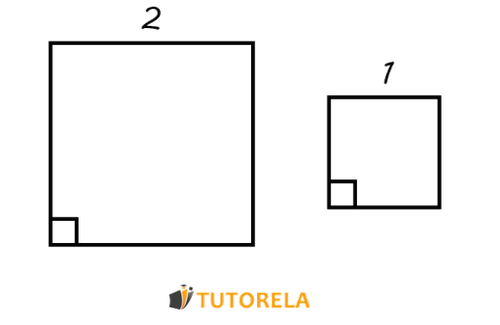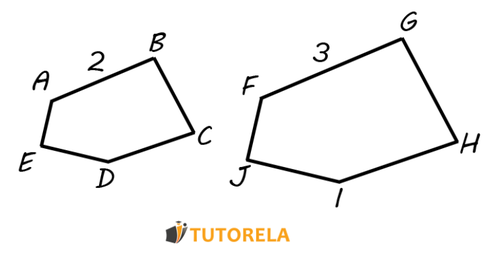Similarity of Geometric Figures
Similarity in geometry refers to the relationship between two shapes that have the same shape but may differ in size. Two figures are similar if their corresponding angles are equal and the lengths of their corresponding sides are proportional. This means one figure can be obtained by resizing the other, either by scaling up or scaling down, without changing the shape.
While similarity is most commonly associated with triangles, it can apply to almost any shape or figure.
Similar geometric have these key properties:
- They have angles of the same size respectively. In other words, all corresponding angles between similar figures are equal, preserving the overall shape.
- Proportionality between the sides of such figures - the ratios of corresponding side lengths are the same across similar figures.
In an intuitive way, just as it happens with triangles, two similar figures are, in fact, an enlargement of the other.













